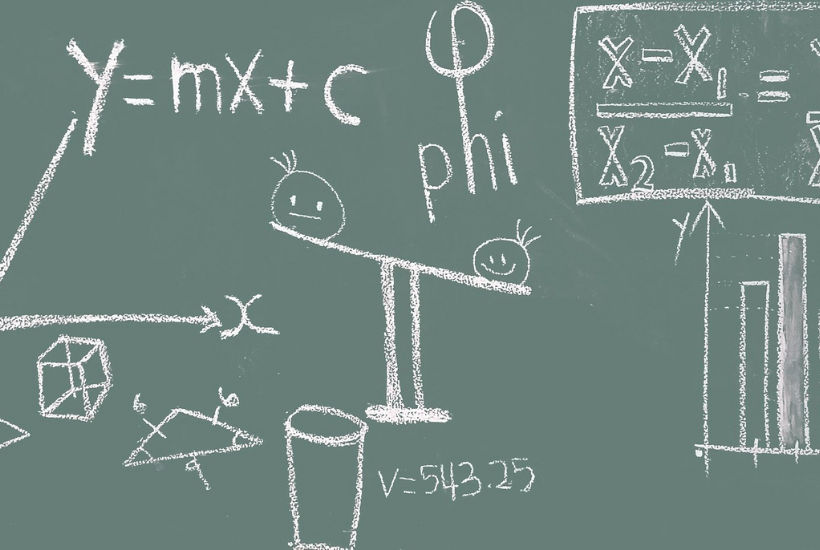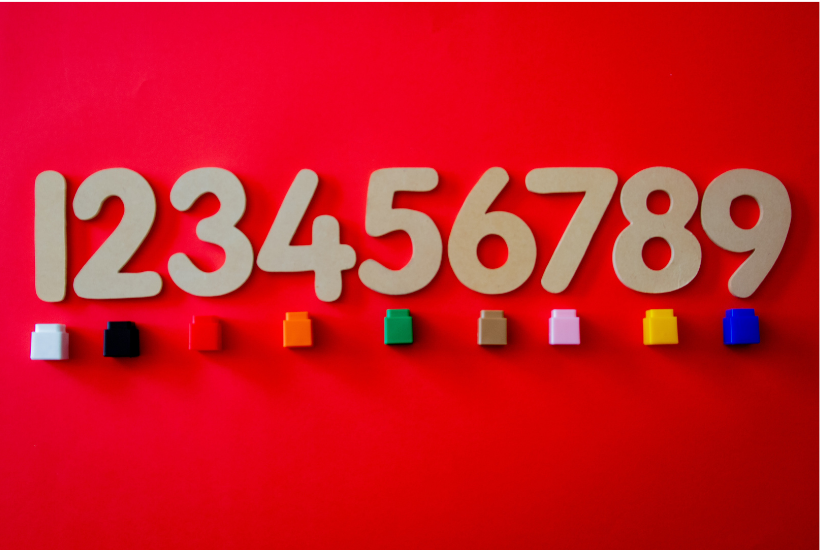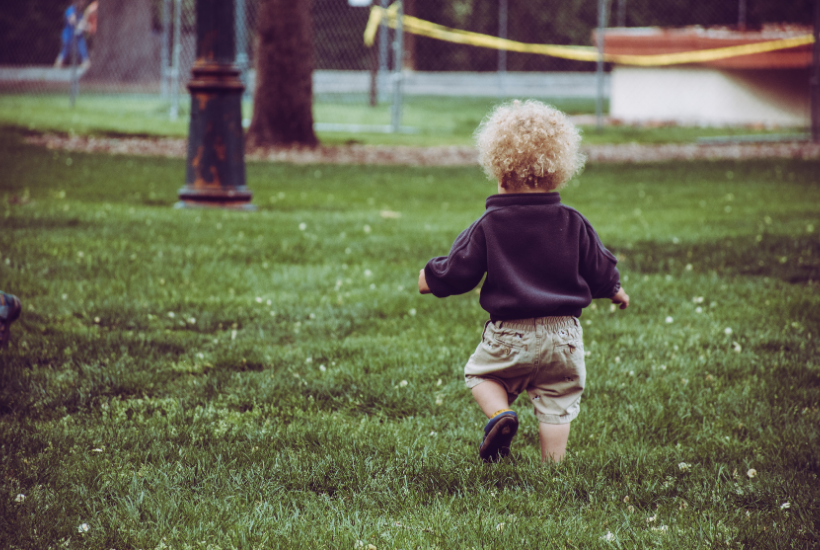Why Mistakes are important for your child’s growth
“In school, we learn that mistakes are bad, and we are punished for making them. Yet, if you look at the way humans are designed to learn, we learn by making mistakes. We learn to walk by falling down. If we never fell down, we would never walk.”
Rich dad, poor dad by Robert T. Kiyosaki
Making mistakes is really important for all of us, but it is vital for kids. As it teaches resilience and teaches our kids to be ok with making mistakes
By teaching our kids to feel good about making mistakes, we set them up to have a growth mindset rather than a fixed mindset.
A growth mindset is an awareness that smartness increases with hard work, while people with a fixed mindset believe that you can learn things, but you can’t change your basic level of intelligence.

“Everyone has a mindset – a core belief about how they learn,” Carol Dweck.
Carol Dweck
Children and parents can sometimes develop a growth mindset in everything in life, but not Math!
Do you know why? It’s because the community and the education system and even parents tell us that you are either good at maths or not.
That’s why math anxiety and trauma are on the rise. and yes, it’s a real thing (I experienced it myself with my daughter), and it is alive because of incorrect beliefs

How are we responsible for our kids’ math anxiety and trauma?
When a teacher, parent, or friend gives the child the idea that they are not good enough in math, the children often maintain a negative relationship with math for the rest of their lives.
and knowing this kind of information has helped me realized what I needed to do to get my daughter not just to conquer her fear of math but to love math (It is actually now her favorite subject)
You see, When my daughter was in kindergarten in Germany, she always showed signs of curiosity. She loved learning everything, and she was always interested in knowing more.
Her eyes would actually grow bigger every time she had a question or observed something. And seeing that, we tried nurturing that in her. They saw it too in the kindergarten and started reading her encyclopedias when she was just 4 years old.
Let’s just say we were really proud parents. But then, when she turned 6, we moved to Egypt, and she started going to school there.
Things were different as she started her first encounter with the grading system and the math tests.
The school used to do those 5-minute math tests, where she had to finish as many math problems as she can in those 5-minutes.
The test had 75 math problems!! Can you imagine a 6-year-old child trying to solve 75 maths problems in just 5 minutes? Can you imagine the amount of pressure they put on the children?
In her first exam, she only solved 15.
And as if that wasn’t enough to tell her that she wasn’t good enough. The teacher drew a sad face on the paper and gratulated the child, who solved all 75 questions in 5-minutes.
Do you know what did that do to her?
For the next 4 years, she suffered from Math anxiety, and it was so bad that every time I just opened her math homework to help her with it. She would start crying, lose breath and start hitting her head, saying that she was stupid.
The problem here was with the kind of praise she got in Germany and the teacher’s notion when she graded the paper with a sad face. Not to mention the test itself.
Her math anxiety became so bad that people thought she had dyscalculia, which stopped her from being successful.
She struggled with math anxiety daily, and it continued with her till the 5th grade.
In 5th grade, we changed everything for her, and her teacher was so knowledgeable that as soon as I talked to her, she knew precisely what she needed to do.

Math Misconceptions
- Only some people can be good at math
- Math is a gift that some people have, and some people don’t
- Boys are better in math than girls
Even tween TV shows give the damaging notion that math is a really hard subject that is boring, inaccessible, and is only for “NERDS.” That cool kids are not good at math.
Think about how devastating it is when everything around us says that people who are good at math are intelligent.
What do you think this kind of idea gives to our children?
It tells them that; If you are not good in math, you are not smart (unintelligent), just like my daughter started saying she was dumb.
How devastating and damaging!
We need to dispel this Myth.
We need to teach our kids that Math is a beautiful way to see the world. It requires creativity, imagination, playfulness, and making connections.
The Science behind making mistakes in math and the growth mindset
Researches have found that your brain creates lasting connections and synapses that form structural pathways when you learn something deeply.
This means that learning in classrooms is not enough.
To learn deeply and cause a growth mindset, you need to help your child through other outside class activities.
Activities that help children have a growth mindset.
- reading books
- playing games
- building with toys
- Having conversations with them
New evidence from brain research shows that any person can become successful in Math with the proper exercises and messages.
The most 3 vital things for your child to be good in Math and have a growth mindset
- Help them believe in themselves and their abilities
- The proper outside school activities
- Have confidence in making mistakes
To give your child the ability to grow and have a growth mindset. To provide them with the best opportunity to learn, you have to first help your child believe in themself.
When a child believes that he is not as good as the others, they stop having the potential of others.

The Self Gallery
I like to tell parents that I coach to see their childrens’ brains as an empty art gallery in which the paintings on the walls are pictures of the words we tell them.
So when you tell your child that they failed you. They hang up a picture of himself as a failure.
It doesn’t prompt them to become a success or challenges them. The child just believes they are not good enough, hence, lacking the potential to do better or be better.
When it comes to your child’s mathematical abilities. I want you to think about it this way.
No child is born knowing math, and no child is born lacking the ability to learn math.
Children with a growth mindset work hard and see mistakes as challenges and motivation because they believe that they can do it.
They believe in themselves and their ability to find a way.
How to affirm your child to create a growth mindset?
Praise can be tricky; you need to praise your child on the effort they are doing rather than who you think they are.
Use words like “I love how you used those colors to paint the picture” rather than saying, “wow, you are a great artist.”
You see, When you praise the effort, you teach your child healthy work ethics. You help them focus on what made this a good picture and how they can grow.
But when you praise them saying words like you are so smart, or you are so pretty. You just raise their ego rather than their confidence.
And yes, ego and confidence are not the same thing. We want to raise children with self-confidence and not ego.
Every time a student makes a mistake, they grow a synapse.
Synapses are brain structures that allow the neurons to transmit an electrical or chemical signal to another neuron.

In the book Mathematical Mindsets by Jo Boaler (a must-read and one of the resources for this post), Jo Boaler mentions that Psychologist Jason Moser studied the neural mechanisms that operate in people’s brains when they make mistakes.
Jason and his group found that when we make a mistake, the brain has two potential responses. The first, called an ERN response, is increased electrical activity when the brain experiences conflict between a correct response and an error.
Interestingly, this brain activity occurs whether or not the person making the response knows they have made a mistake.
The second response, called a Pe, is a brain signal reflecting conscious attention to mistakes. This happens when awareness that an error has been made and conscious attention is paid to the mistake.
This shows us that mistakes are crucial to the learning promise even if we are not aware of the mistake.
Mistakes show that we are learning.
I know the frustration that comes with making mistakes doesn’t feel so thrilling, but brains are really a magnificent creation, and it shows how humans are never in equilibrium.
Our brains are working to our advantage, even if we don’t know it.

The baby’s instinct to learn from Mistakes
Remember how your child learned how to walk? They kept on falling every time they tried to stand up or take a step.
Do you remember how frustrated they were when they fell? or how much they cried every time they fell?
No, you don’t. Because it never happened.
Children at this early stage don’t see mistakes as failures; they see them as an opportunity to learn and grow. They are not afraid to make mistakes, and we don’t judge them for making them.
This kind of thinking comes naturally to kids. But as they grow, we expect them to be perfect. We expect them to already have all the answers, and we forget that they are still learning.
Hell, we even forget that we are still learning.
We start telling them that we are seeking a life without mistakes. When they make a mistake in the exam, we frown upon it.
Bit by bit, our children throw their instincts away and listen to us. And start developing fear and anxiety from making mistakes.
In the end, they either give up or, worse, lose their confidence in themselves.
Take action today
- Let your child make mistakes and celebrate those mistakes.
- When your child tells you they made a mistake, tell them, “wow, I bet it’s a great opportunity to learn.”
- ask your child, ” what mistakes did you make today?”
- Follow the question with “What did you learn when you made this mistake.”
How to deal with Math anxiety and fear of failure
The next time your child feels frustrated about a mistake they made, explain to them why it’s so important for them to make mistakes.
Explain to them what happens in their brains when they make a mistake, whether they know it or not.
Tell them that when they make mistakes, their brains grow, while when they don’t make mistakes, their brains don’t grow.
That’s how you teach your child to love life, have a growth mindset, and maintain the curiosity and experimentation that came so naturally to them when they were younger.
Check my resources for a growth mindset for families and educators, If you wanna know more.
References
Boaler, J. (2015). Mathematical Mindsets: Unleashing Students’ Potential Through Creative Math, Inspiring Messages and Innovative Teaching. San Francisco, CA: Jossey-Bass.
Dweck, C. (2006). Mindset: The new psychology of success. Random House.







